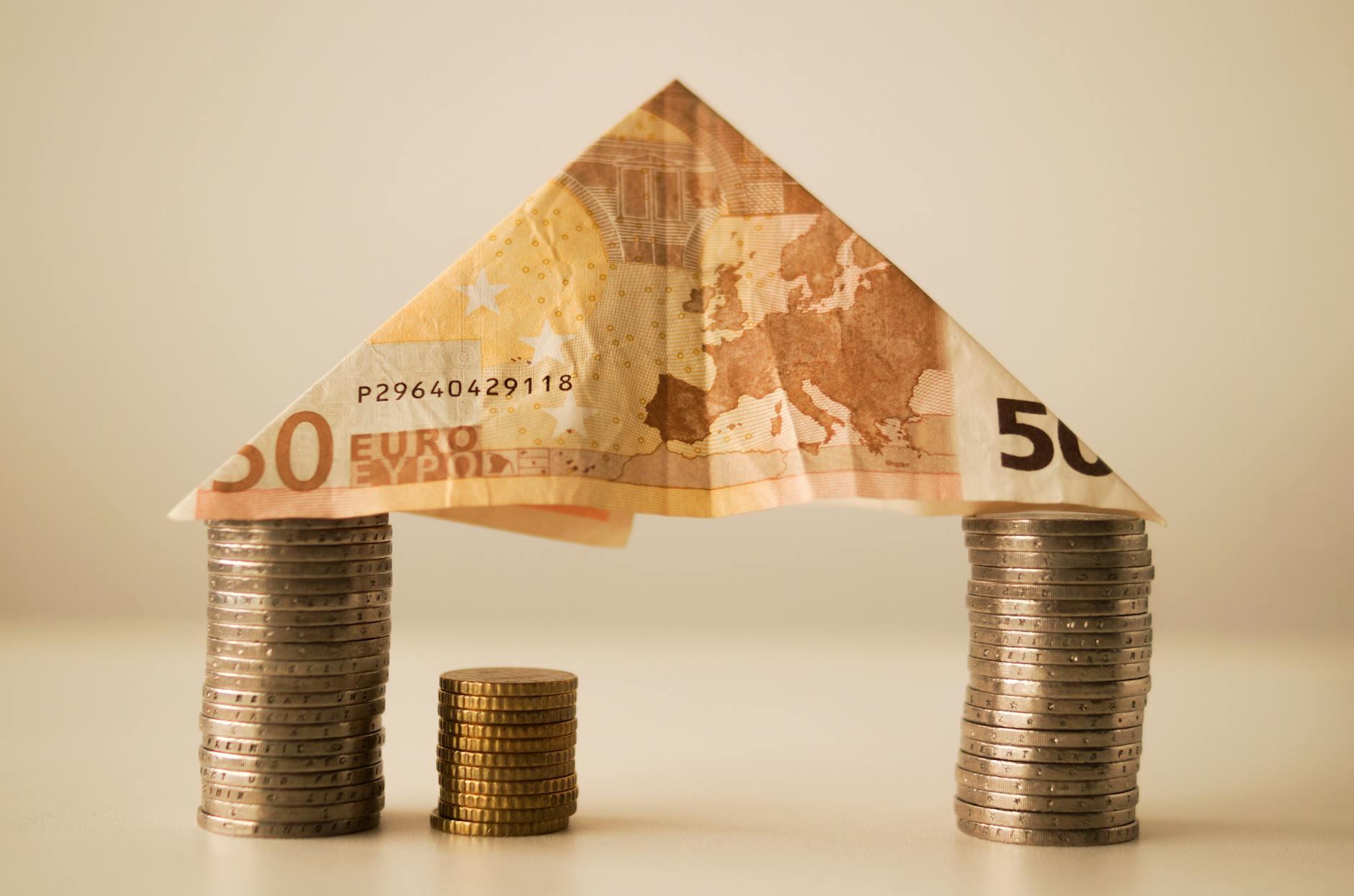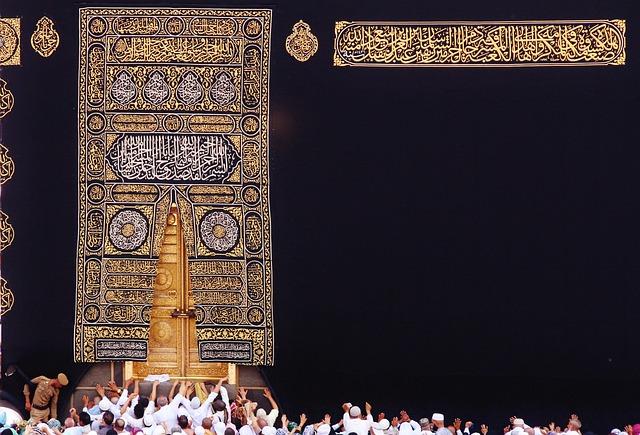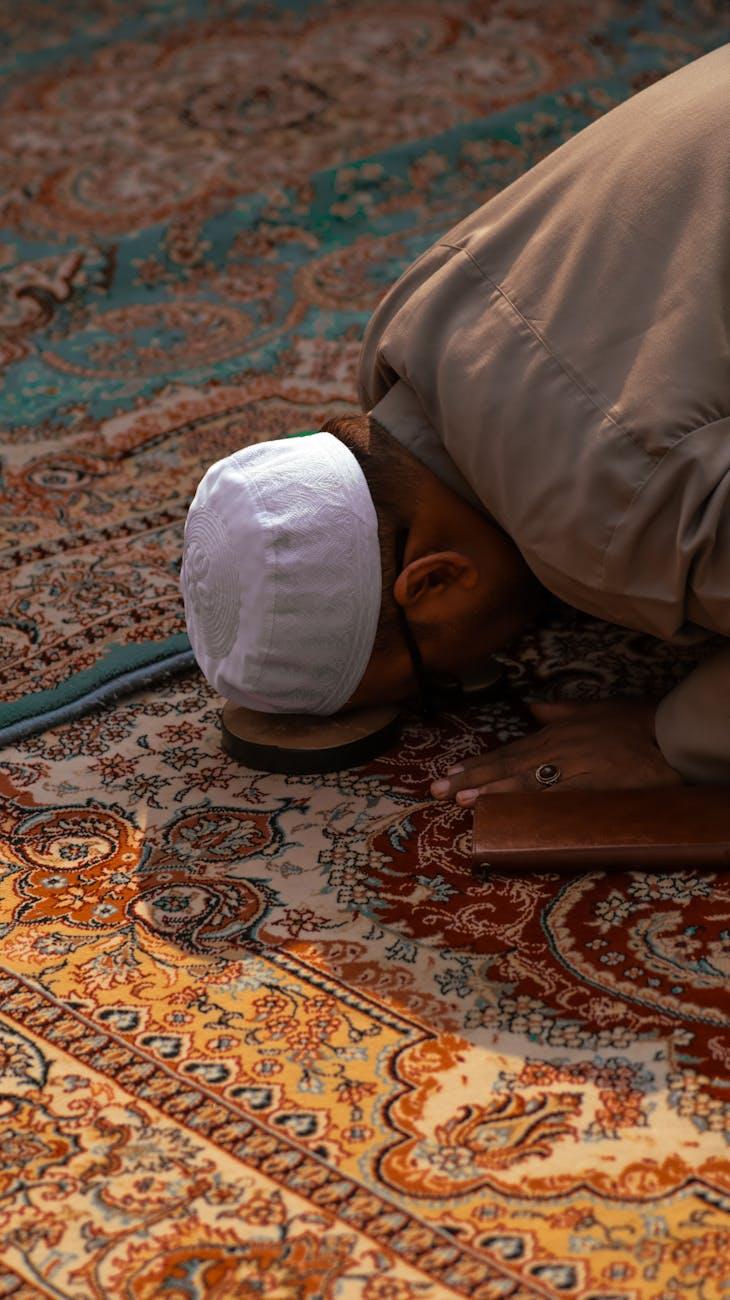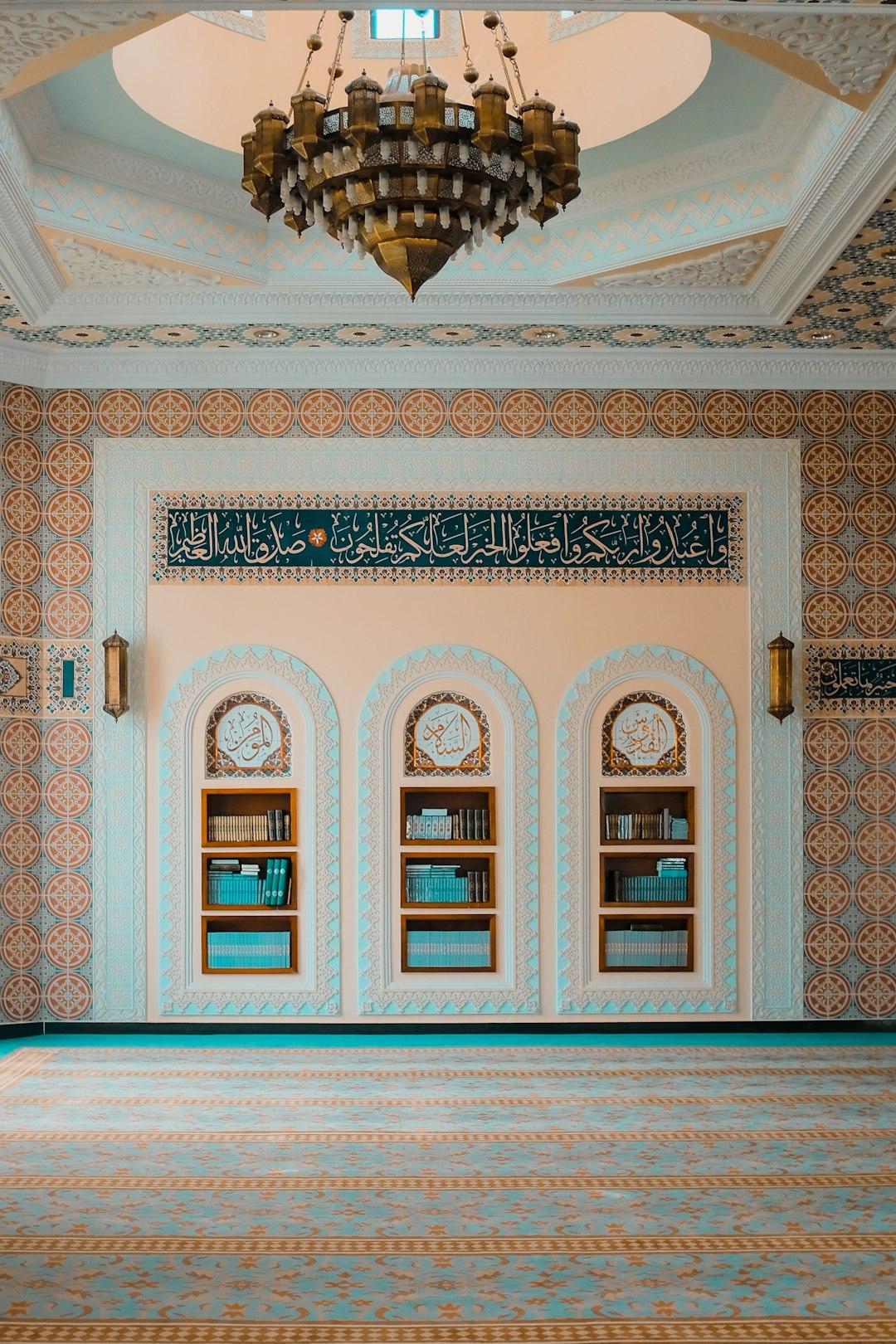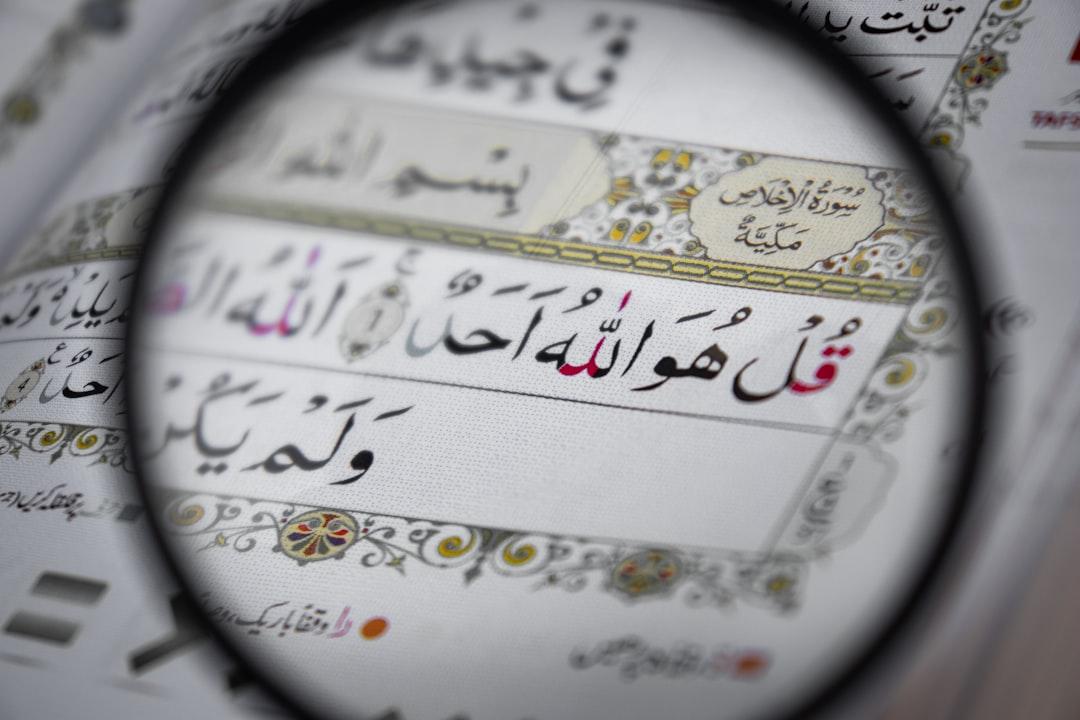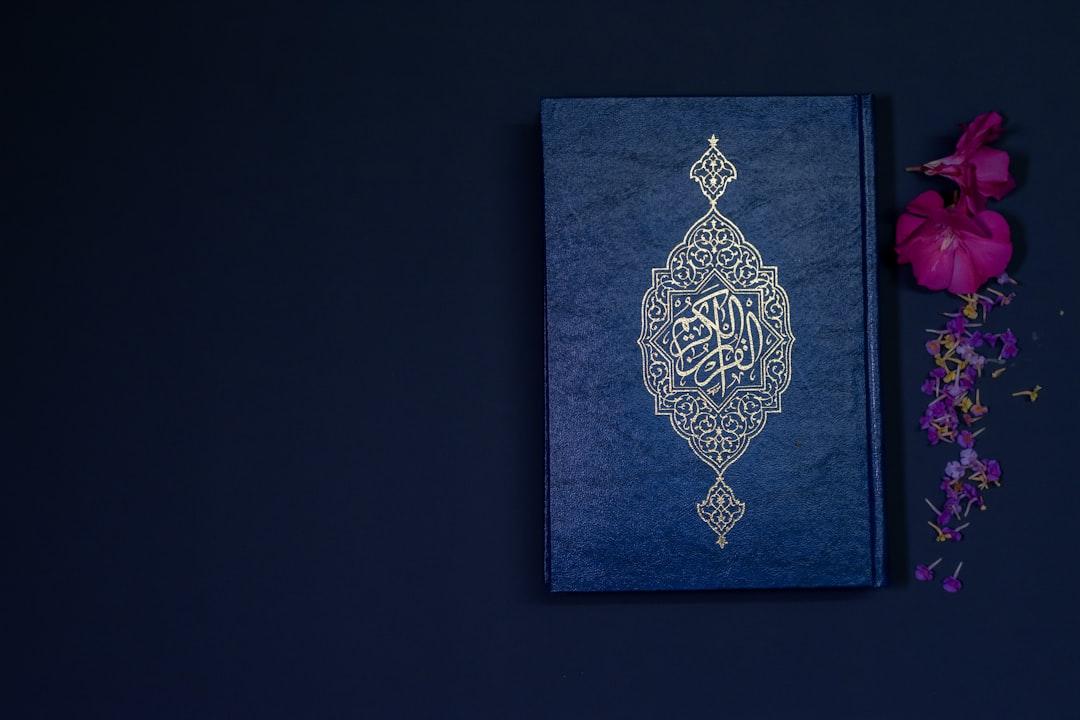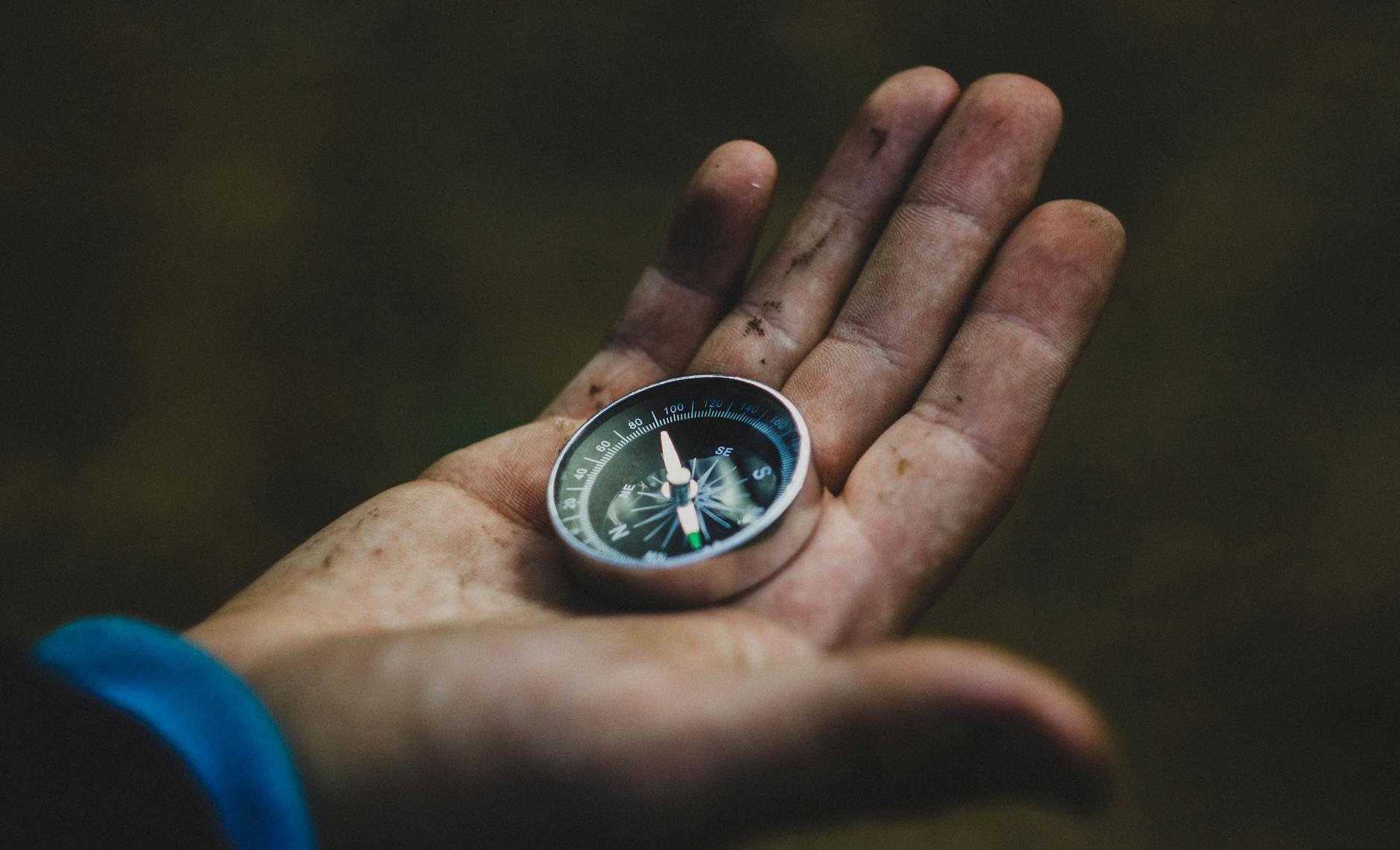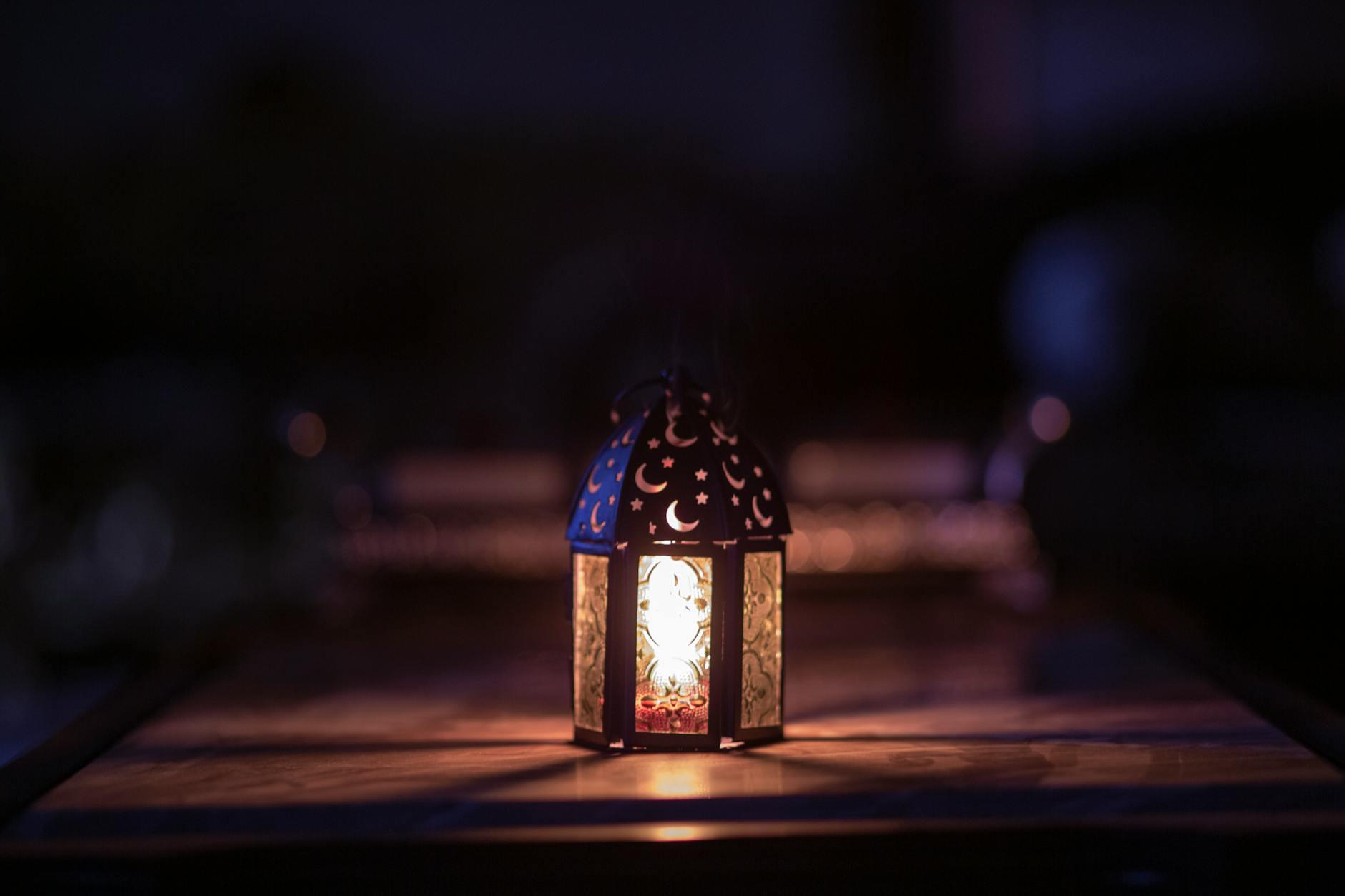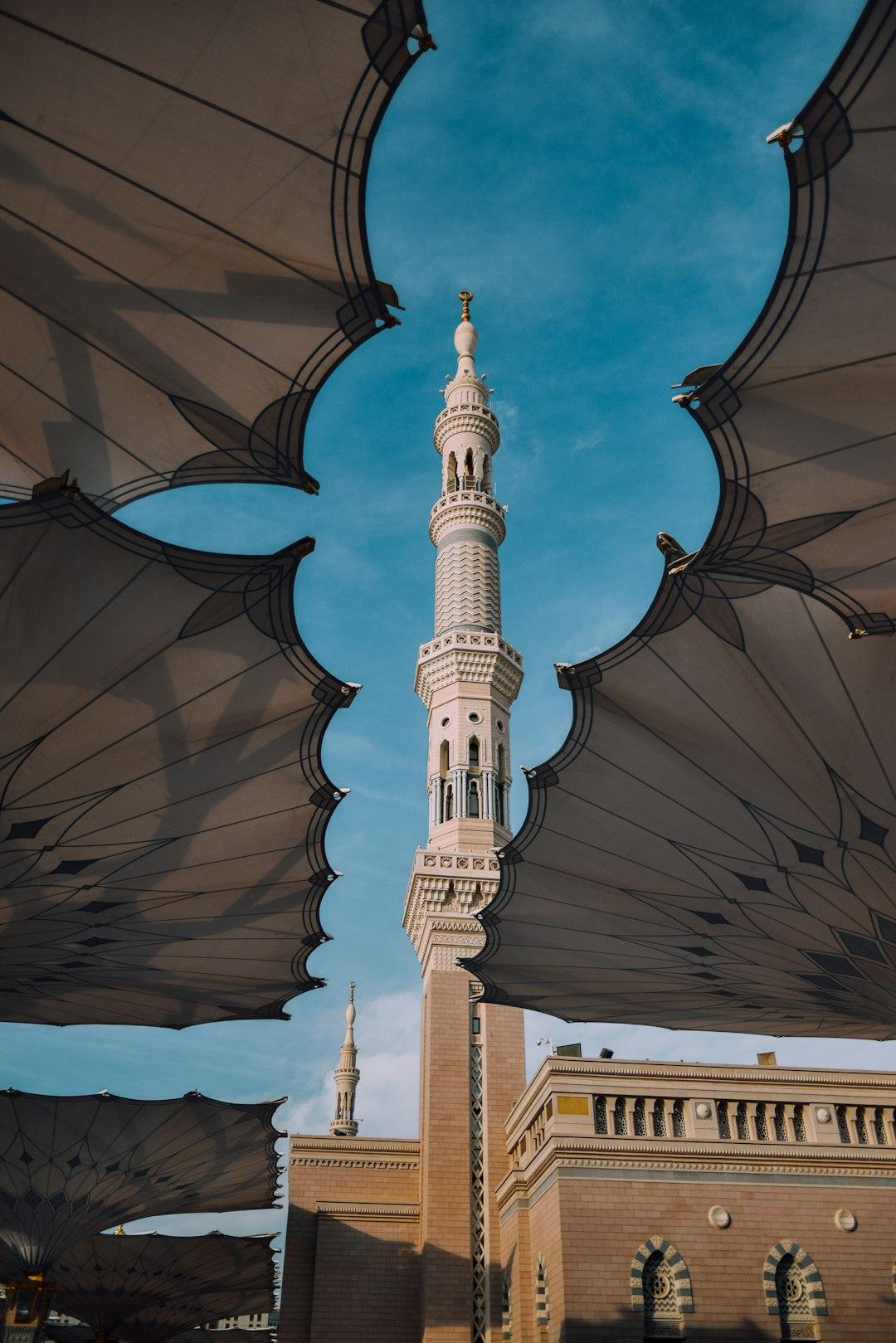Muhammad Usman Chaudhry's Key Ideas from The Productive Muslim
by Mohammed Faris
Ideas, facts & insights covering these topics:
12 ideas
·1.84K reads
23
1
Explore the World's Best Ideas
Join today and uncover 100+ curated journeys from 50+ topics. Unlock access to our mobile app with extensive features.
What is Productivity?
In order to be productive, you need three elements: focus, energy and time. If you have focus and time, but you lack energy, you’ll be too tired and lethargic to tackle your tasks. If you have lots of energy and time, but lack focus, you’ll be constantly distracted, jumping from one thing to the other, unable to complete your task at hand. If you have both energy and focus, but you don’t have time, then you simply can’t be productive. Thus, productivity is a function of the three.
31
273 reads
Modern Nation States and Capitalism
When the Age of Enlightenment and Reason came about in the middle of the 17th and early 18th century, its prime focus was to discredit anything that cannot be proven by science. Added to this, is the Western world’s uneasy relationship with the Church and religion in general. Western intellectuals were convinced that in order for human progress to be made, religion and spirituality need to step aside for Man to use his reason for economic and social advancement. This new found “freedom” led to the rise of modern nation states and capitalism.
26
209 reads
Cost of Post-modern Lifestyle
Having said that, whilst we have made notable progress in many areas of life, we cannot deny that these advancements have come at a price. From the impact on the environment, to the disparity between rich and poor, to other social physical illnesses attributed to post-modern lifestyle (e.g. breakdown of families, sedentary lifestyle diseases, etc), these negative effects tend to question the advancement we’ve made in our productivity and human civilisation.
27
179 reads
Lost Our Purpose, Values, Soul
Yes, we’ve boosted our productivity as a human race but we’ve also lost three things along the way: our purpose, our values, and our soul. As humans, we’re treating ourselves (and other human beings) as soul-less machines whose whole purpose is to work. We’ve focused on what improves the functions of the body (nutrition, fitness, and sleep) and the mind (focus, creativity and time management) and neglected the values that nourish our soul.
27
175 reads
Different Type of Slavery
Allah is calling you to a different type of slavery: a slavery that’s bound to Him and frees you from the shackles of this life.
We’re created as slaves, and thus we have a choice: Either we willingly submit and become slaves to the Creator of the heavens and the earth, our only true Master, OR we become (willingly or unwillingly) slaves to our money, our jobs, our families, our ego, etc. Which one would you rather be? Slave to the Most Merciful? Or slave to anything else?
28
168 reads
Slave to Allah
“If you’re not going to be a slave to Allah, you’ll be a slave to something or somebody else”
If we accept that we’re slaves of Allah, then this entails that whatever we do, whatever we say, should be in line with what our Master wants. Simply by accepting that you’re a slave of Allah opens a new level of purpose and meaning in your life. No longer will you be obsessed with the rat race and its spoils. Your main concern will always be: how can I please my Master? What can I do to be the best slave of Allah?
27
143 reads
Change your outlook on life
- firstly, by submitting yourself as a slave of Allah you’ll change your outlook on life and always be intrinsically motivated to live life according to the values set in the Quran and the sunnah of Prophet Muhammad (s) and not according to the swaying values of humanity.
- Secondly, you’ll have a higher purpose that helps you balance between the different life roles (parent, spouse, child, neighbour, employee etc) instead of being solely obsessed with a single role.
- Thirdly, you’ll feel constantly connected to your Master and seek His pleasure in every small or major decision.
26
141 reads
Allah's Trustees on Earth
The second role that Islam commands a person to fulfil is to be Allah’s successive authority on earth. In the verse,
“[ Prophet], when your Lord told the angels, ‘ I am putting a successor on earth” [2: 30].
The Arabic word used for “successor” in this verse is khalifah which is often misunderstood to mean the Islamic political system headed by a caliph. This is not the Quranic meaning of this word. The Quranic meaning of khalifah is that of a vicegerent, deputy or potential trustee to whom a responsibility is temporarily given.
27
125 reads
Everyone of you is a guardian
What does it mean to be a trustee of Allah on earth? The following hadith helps explain this role:
“Everyone of you is a guardian and is responsible for his charges. The ruler who has authority over people is a guardian and is responsible for them, a man is a guardian of his family and is responsible for them; a woman is a guardian of her husband’s house and children and is responsible for them; a slave is a guardian of his master’s property and is responsible for it; so all of you are guardians and are responsible for your charges”. (Bukhari).
26
117 reads
Internal Moral Compass
Islam comes with values and guidelines that are not imposed by external force, but self-applied out of a person’s own will and submission to the command of Allah and the guidance of the Prophet Muhammad (s). Living and applying these values have huge benefit to the individual and to the society. Values such as amanah (trust), sidq (honesty), ihsaan (excellence),adl (justice) & rahma (mercy) help us be truthful in our lives and uphold the highest standards of morality. All these values help maintain human dignity. This is where Islam encourages its followers to have an internal moral compass.
28
102 reads
True Islamic Values - A True Story
Once the Caliph Umar Bin Abdul-Aziz, who received a visitor from a distant land. While they conversed about the state of the Muslims, he kept a lamp lit. However, when the conversation turned to personal and family issues, the caliph dimmed the lamp and conversed in the dark. His visitor was bemused by this behaviour and asked him why he did this. The Caliph responded that he bought the lamp using money from the Treasury of the Muslim World, so he only used it when working on related matters and not for personal benefit! An entire civilisation was built on such honourable Islamic values.
27
106 reads
Five Things
Prophet Muhammad (s) taught us that a person would be asked about five things on the Day of Judgement:
- his knowledge and how he used it,
- his youth and how he spent it,
- his life and how he lived it, and
- his wealth (where he got it from)
- & how he spent it.
If you think about these five questions, they are all linked to productivity. Were you productive with your knowledge and used it well? Were you productive with your youth living a life of service or did you waste it away? Were you productive with your money, earning it from ethical sources and spending it in the right way?
34
107 reads
IDEAS CURATED BY
CURATOR'S NOTE
Islam & Productivity
“
Different Perspectives Curated by Others from The Productive Muslim
Curious about different takes? Check out our book page to explore multiple unique summaries written by Deepstash curators:
1 idea
Discover Key Ideas from Books on Similar Topics
13 ideas
12 Rules for Life
Jordan B. Peterson
18 ideas
Finish What You Start
Peter Hollins
43 ideas
Finish What You Start
Peter Hollins
Read & Learn
20x Faster
without
deepstash
with
deepstash
with
deepstash
Personalized microlearning
—
100+ Learning Journeys
—
Access to 200,000+ ideas
—
Access to the mobile app
—
Unlimited idea saving
—
—
Unlimited history
—
—
Unlimited listening to ideas
—
—
Downloading & offline access
—
—
Supercharge your mind with one idea per day
Enter your email and spend 1 minute every day to learn something new.
I agree to receive email updates

